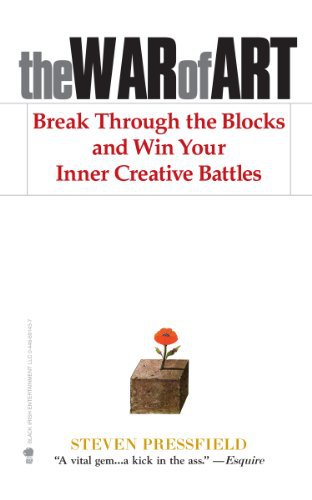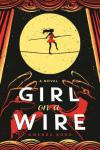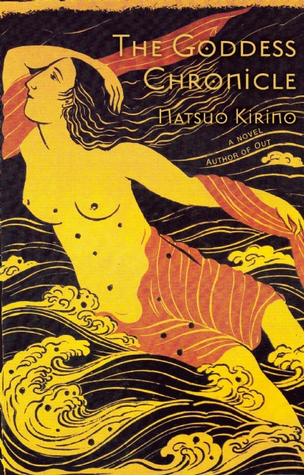 My husband just picked up a new book and insisted he needed to read the introduction to me. Therein, the author thanks a specific individual for helping to keep her “focused and sane (more or less) through the war that is writing a book.”
My husband just picked up a new book and insisted he needed to read the introduction to me. Therein, the author thanks a specific individual for helping to keep her “focused and sane (more or less) through the war that is writing a book.”
I was reminded through this of the words of Steven Pressfield, author of The War of Art: Break Through the Blocks and Win Your Inner Creative Battles. The War is filled with precise advice from an artist who understands the daily battle and wages the daily battle that is writing “professionally.” I found much with which to resonate in the book and, as the mother-in-law of a career Marine, I especially appreciated Pressfield’s passage on what he learned as a member of the Corps.
Contrary to the popular myth, he writes, “Marine training does not turn baby-faced recruits into bloodthirsty killers. It teaches something far more useful: how to be miserable.” And, this, Pressfield opines, is “invaluable for an artist. Marines love to be miserable. Marines derive a perverse satisfaction from having colder chow, crappier equipment, and higher casualty rates than any outfit of dogfaces, swab jockeys or flyboys, all of whom they despise. Why? Because these candy-asses don’t know how to be miserable.”
Pressfield concludes: “the artist committing himself to his calling has volunteered for hell, whether he knows it or not. He will be dining for the duration on a diet of isolation, rejection, self-doubt, despair, ridicule, contempt and humiliation. The artist must be like that Marine. He has to know how to be miserable. He has to love being miserable. He has to take pride in being more miserable than any soldier or swabbie or jet jockey. Because this is war, baby. And war is hell.”
Telamon of Arcadia, a fifth century B.C. mercenary, observed that “It is one thing to study war and another to live the warrior’s life.” Pressfield finds that: “Aspiring artists defeated by Resistance share one trait. They all think like amateurs. They have not yet turned pro . . . The amateur plays for fun. The pro plays for keeps. To the amateur, the game is his avocation. To the pro it’s his vocation. The amateur plays part-time. The pro plays full-time. The amateur is a weekend warrior. The professional is there seven days a week.”
Aspiring artists are encouraged to take heart from a deep truth reckoned by Somerset Maugham: “by performing the mundane physical act of sitting down and starting to work, he [came to understand that he] set in motion a mysterious but infallible sequence of events that would produce inspiration.”
When all is said and done, Pressfield (author of The Legend of Bagger Vance and Gates of Fire) exposes the enemy Resistance, exposes the evidence of its presence (fear, procrastination, self-dramatization and the like) and offers helps toward living the “unlived life within.”
I am grateful for this reminder of Pressfield’s description of and advice for the professional writer. I’m onto my fifth book. On two, I served as editor. One was a collaborative effort with three other writers, and the last I authored and edited. The book on which I am now at work is mine entirely, and the poor thing has been languishing in Oblivion, awaiting a long-delayed rescue. I know that half the battle is fought, as Somerset Maugham so rightly judged, in “simply” sitting down and starting to work. Well, I’m sitting…
Share this:- More





